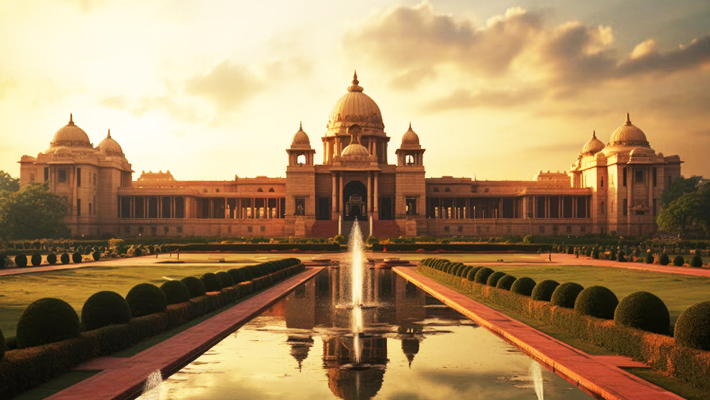
“All are equal” is a popular statement one has heard at least once in their life. The society operates on a set of laws which vary around the globe, and the smoothness of its functions is dependent on how it is legislated and executed. But, these laws are not the same, it is different owing to factors such as nationality, race, gender, religion and other subsets which may be unheard of to the average citizen. The base idea of a uniform civil code is to eliminate all complexities and put everyone under a common umbrella.
The framing of a uniform civil code to govern a huge population has always been a challenge and every attempt has been met with its own resistance and acceptance. It sounds easy to tell “Let everyone follow the same set of laws”, but there are way too many variables in reality to use that line of thinking. It has its own pros and cons which will be discussed in brief below.
Pros of Uniform Civil Code
All are equal
The Uniform Civil codes eliminate every barrier and make all citizens equal under the law. This closes a lot of loopholes and ensures no group is above the other and all. Race, Gender, Religion, Caste, and Ethnicity is all eliminated in the process of lawmaking and it can usher in a robust framework whose implementation is extremely simple and an average individual with no background in law can understand it.
Gender Equality
It is well known that there are some laws which are stacked against the odds of women and historically they were oppressed in the name of religion. A Uniform civil code can ensure women and men are put on the same playing field and this can ensure women make progress in society thus, empowering themselves. Mao Zedong once said “Women hold up half the sky”, Half the world’s population being exploited is unethical and this serves as a means of upliftment, serving as empowerment. Existing laws are rooted in times when men were born to power and privilege and those very laws reflect that it is of paramount importance that we look over those wrongs and make it right.
Youth Empowerment
A lot of places in the world, particularly India, have a huge youth population. The world has seen great advancements in various fields in the 21st century, they are arguably growing up in the most peaceful time, and having a Uniform civil code to look up to and follow will make treating fellow humans an ingrained trait. Youth are drivers of the future and they should build a future which will usher in long-lasting peace with conflicts being non-existent. As they are being freed from the shackles of age-old impractical practices followed by their predecessors, a uniform civil code can serve as the right principles they can follow tailored to the current time period.
Cons of Uniform Civil Code
Unity in Diversity
India’s first prime minister said that “India is a melting pot of various cultures”. In the case of diverse countries like India or the USA, the existence of a Uniform civil code might end up eliminating some unique facets of various cultures. It is going to be a herculean task to create a uniform set of laws which is going to ensure the protection of such practices. There are followers of more than nine major religions in some nations and to ensure their individuality is maintained is no easy task and to come up with a set of laws which is in consensus with more than a billion individuals is practically impossible. Forcefully trying to unify in all historical contexts has never resulted in a positive outcome.
This action can be perceived as a violation of one’s religious freedom being violated and it can be contested legally in courts. The whole existence of a uniform civil code will be seen as a breach of the freedom of religion which the founding fathers promised would be protected.
Interference in Personal Matters
The rigidity of a uniform civil code implies the law stripping various liberties they were promised as an individual and this will not be taken lightly by the masses, as previously stated this is in line with obstructing practising the freedom of religion. Constitutional law is relatively new when compared to religion which has been for millennia, and to undermine this is morally questionable. This is sure to invite resistance and given the impact of religion on society. We can witness riots of unspoken magnitudes. It may even result in the collapse of political structures and can result in a period of lawlessness.
The road to a uniform legal system is a long road and given that institutions like marriage, education, and gender is a challenge and cannot be implemented out of the blue, we have to slowly change every institution and enforce the power of thinking in the masses, only then will the uniform civil code be accepted.







